Say I have a table with the following data:
You can see columns a, b, & c have a lot of redundancies. I would like those redundancies removed while preserving the site_id info. If I exclude the site_id column from the query, I can get part of the way there by doing SELECT DISTINCT a, b, c from my_table.
What would be ideal is a SQL query that could turn the site IDs relevant to a permutation of a/b/c into a delimited list, and output something like the following:
Is it possible to do that with a SQL query? Or will I have to export everything and use a different tool to remove the redundancies?
The data is in a SQL Server DB, though I'd also be curious how to do the same thing with postgres, if the process is different.

